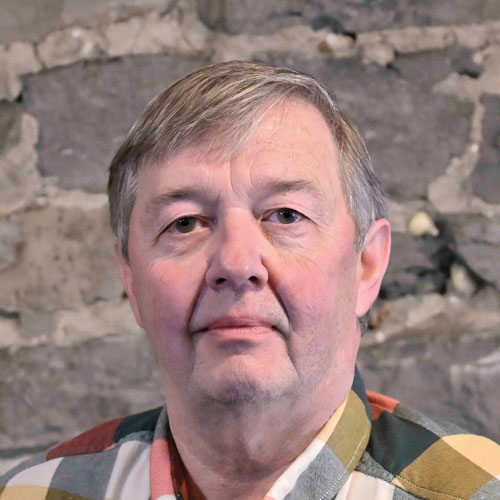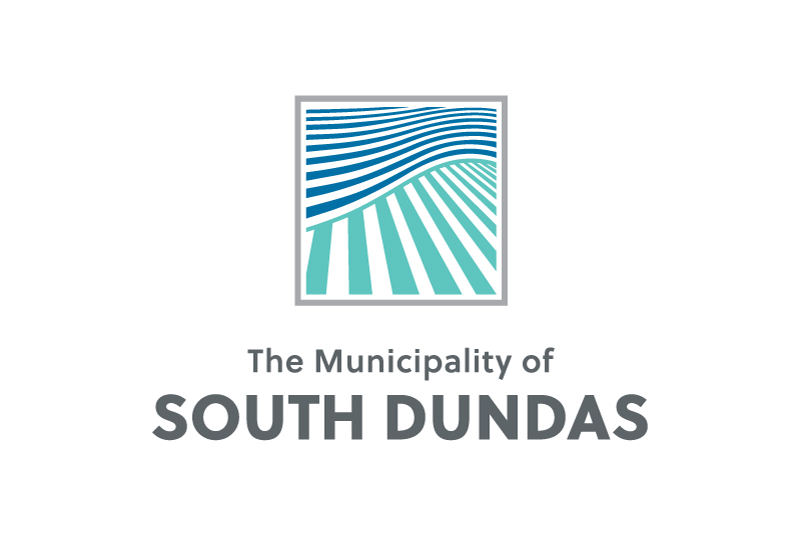SOUTH DUNDAS – At their regularly scheduled meeting on May 22, South Dundas Council accepted a report from administration suggesting that Canada Day 2024 be the date that an agreement between GFL Environmental and the Municipality of South Dundas, for the purpose of Waste Disposal Services will take effect.
At the May 8, 2024, council meeting, a delegation was made by WSP that reviewed the Matilda Waste Disposal Site, 2023 Annual Report. It was estimated that the remaining lifespan of the site Matilda Waste Disposal Site was now early 2025.
To prolong the lifespan of the disposal site, it was suggested that the Municipality of South Dundas will no longer accept industrial, commercial and industrial waste (IC&I) at the Matilda Landfill, effective July 1, 2024. IC&I waste is identified as material generated within the municipality that includes the following categories: garbage and residue created by commercial, industrial and/or institutional establishments. Agricultural businesses and farms are included under the IC&I definition.
These two changes, disposing curb side waste at the GFL facility and eliminating IC&I waste are expected to allow for an extended lifespan of the Matilda Landfill, at least until such time as a planned transfer station can be implemented. Ultimately, the Matilda landfill is to be closed and capped.
There was some discussion by council as to whether agricultural businesses should be included under the IC & I definition.
Councillor Danielle Ward expressed concerns about the viability of local farmers having to deliver their waste to Moose Creek. “There was a question that was asked to staff about farm waste coming to the Matilda landfill and it being considered IC &I and the response we received,” said Councillor Ward. “I just have some concern of the farmers, knowing how they transport their garbage with a trailer and a tractor somehow going to Moose Creek or somehow going to Brockville with that. I’m not sure what the efficiency is there. I’m not sure how often we actually receive farm garbage at Matilda, but I’d maybe like to exclude them from it and that’s for council to discuss as well. I don’t think that’s very practical to send them that far.”
Councillor Cole Veinotte agreed, but didn’t see much point in making the change, keeping in mind the timeframe involved. “I agree,” said Councillor Veinotte. “Except I’m just curious, also, trying to get my head around the dates here. The landfill will be closed to all garbage at some point in the very near future. So, the ag community is going to have to come up with something to do with their waste at that point. I guess that’s my only thing, it’ll only be a short-term solution.”
After further discussion it was agreed that it wasn’t a matter of whether there should be a payment by the agricultural user, but rather the convenience factor. “Everybody has to realize that they’re going to have to unload it when they get there,” said Councillor Tom Smyth. “They can’t dump it. I could see it just being a convenience factor other than driving a tractor to Moose Creek which would take an entire day. So just for the convenience factor, I would agree with what Council was saying.”
Mayor Jason Broad posed the question that if it was a convenience for agriculture, would it not also be seen as a convenience for any other IC & I operation?
Councillor Veinotte commented that he felt they did not have enough information to make a fully informed decision. “I think for me, if the idea is to extend the lifespan of our landfill by excluding IC & I and we’re having this conversation without knowing exactly how much farm waste it is. If it’s only 10 per cent of what we in take at Matilda, well then maybe allow the farmers to keep doing it, but if it’s 50 per cent, then we’re kind of going against what our plan is, is to extend the usable lifespan. We don’t really have the numbers here so it’s hard to make the right call.”
Deputy Mayor Marc St. Pierre expressed that the decision was clear to him. “We’ve got an issue where our landfill is getting full. We have an issue where we’re trying to prolong the lifespan for our residents. And I don’t know if we should be picking and choosing what IC & I industry should be involved,” said St. Pierre.
“I support this report going forward. I understand that our agriculture communities are one of our largest employers, but I think we just need to set aside the reality of our landfill that’s full. And unless we deviate now, and I just believe it should be all IC & I am including agriculture that should be diverted to GFL as per the report.”
Council plans to revisit what IC&I means for farmers and those in the agriculture community when conversations about the future transfer station begin, who can use it, what the fees will be, etc.
The motion, as read by Mayor Broad was as follows: “Okay, so that we do have a motion that the Council of South Dundas execute an agreement between GFL environmental Inc. and the Municipality of South Dundas for the purpose on waste disposal services and further the Municipality of South Dundas no longer accepts industrial, commercial and industrial wastes called IC & I at the Matilda landfill effective July 1 2024, Moved by Councillor Ward seconded by Councillor Veinotte. All in favour? Carried. Thank you very much.”

Terry Tinkess is a professional photographer, educator and journalist. He has been making a living with a camera and keyboard since 1999 and has been featured in such publications as The Ottawa Citizen, Cornwall Standard Freeholder, The Globe and Mail, The Miami Herald, Ottawa Construction News, The Ontario Construction Report, Ontario Home Builder Magazine, Reed Construction Data, Canadian Potato Business and most recently, The Record and Eastern Ontario AgriNews. Terry lives in Ingleside, Ontario with his wife Brenda, Mia the anxious Pittie and cats Wally and Chubbers.











